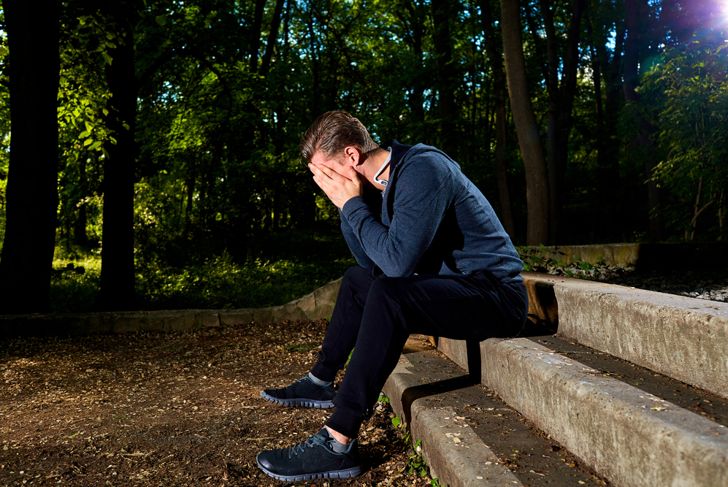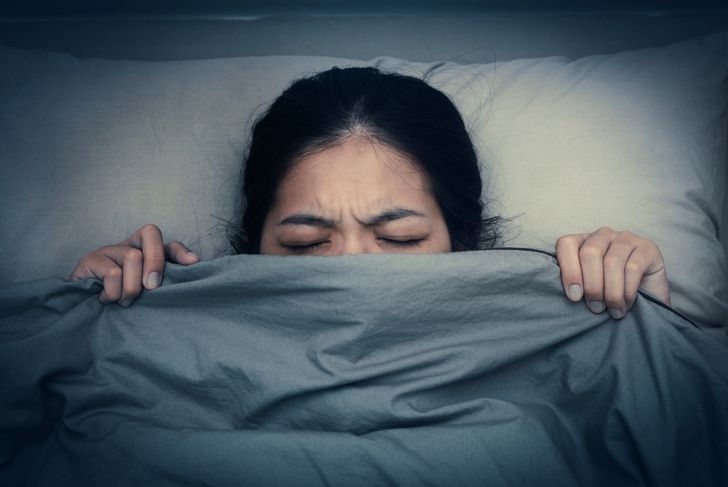Most people with post-traumatic stress disorder underwent a traumatic event or experience in their past that has led to mental and physical symptoms that can last for years and can be debilitating. In recent years, more research and treatment possibilities have developed to help people with this sometimes life-threatening mental health condition.
Detachment from Others
One of the first symptoms of post-traumatic stress disorder is detachment from others. This can happen for a myriad of complicated reasons. Often, those with PTSD are afraid of how they might behave in front of other people. They worry that they might become angry or react strangely to normal occurrences.
Flashbacks
Flashbacks are another symptom of PTSD. The symptom causes a person to relive a traumatic event. The emotional response is different for everyone. However, flashbacks often cause feelings of panic, extreme stress, and physical issues like fainting, heart palpitations, and high blood pressure.
Nightmares
Frequent nightmares are a common symptom of PTSD. These nightmares may focus on the event that created the trauma or they may appear unrelated. Nightmares are different from flashbacks in that they occur on a subconscious level during sleep, while flashbacks take place while the mind is alert and awake.
Avoiding Reminders
Someone with PTSD may avoid situations that remind them of the events around the trauma. For example, if the traumatic event happened at work, then the person with PTSD may have difficulty returning to their job. Additionally, they may not want to be around family or friends they associate with the traumatic event. This symptom can interfere with one’s livelihood and social life.
Insomnia
Insomnia, or the inability to sleep, is another symptom of PTSD. There are many reasons this occurs. Some people may find that they keep worrying about the event that caused the trauma, making it difficult to clear their minds and drift off to sleep. The knowledge that nightmares begin after they drift off can also make sleep difficult. Doctors can prescribe medications and holistic methods such as meditation to help reduce instances of this debilitating symptom.
Lack of Motivation
Sleeping too much or generally losing interest in day-to-day activities and hobbies about which one used to feel passionate can be an indicator of PTSD or another condition such as depression. If someone experiences this symptom over the long-term, on a regular basis, it may be advisable to seek professional help or advice.
Anger
An individual with PTSD may exhibit irritability and anger in varying degrees and at sometimes unexpected intervals, often to a greater degree than they once did. This can happen for a variety of reasons and can impact interpersonal relationships and job performance.
Memory Loss
Memory loss can be associated with PTSD. Often, an individual will mentally block out the traumatic event temporarily or permanently. This presents challenges in the diagnosis, acceptance, and recovery, as many mental health professionals encourage their patients to face and discuss the circumstances that led to the condition. In addition, people with PTSD may have difficulty recalling recent events unrelated to the trauma.
Feeling Jumpy
People with PTSD may find that they feel jumpy or are never completely at ease. This often occurs when a traumatic event that caused the condition is particularly frightening and life-endangering. For example, many soldiers who have spent time in active war zones and other dangerous situations may experience PTSD and, as a result, loud noises and stressful situations reminiscent of the trauma can trigger emotional and physical responses.
Turning to Drugs and Alcohol
Sometimes, people with PTSD turn to self-medication in the form of recreational drugs and excessive alcohol consumption. This is another sign that professional medical care is necessary as soon as possible. The excessive use of drugs and alcohol can exacerbate feelings of depression and other dangerous symptoms that can lead to suicide or otherwise put an individual’s life in danger.

 Home
Home Health
Health Diet & Nutrition
Diet & Nutrition Living Well
Living Well More
More




















